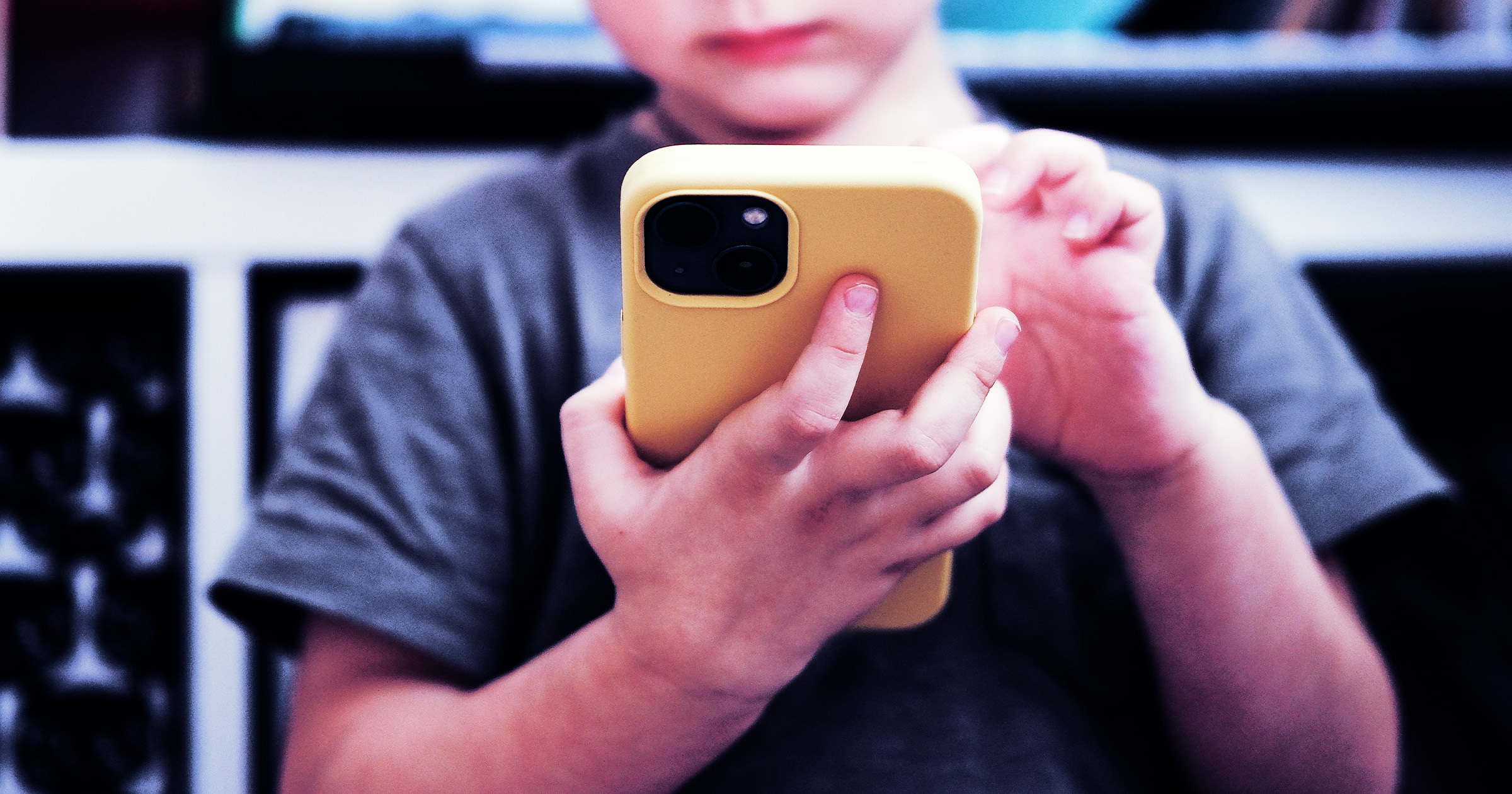
"Now, with the rise of human-like AI chatbots, a generation of " iPad babies" could seem almost quaint: some parents are now encouraging their kids to talk with AI models, sometimes for hours on end, The Guardian reports. Others are using the soothing voice of a chatbot to put their kids to bed - all evidence of how this experimental technology has become a part of many people's daily lives, despite major questions about how the tech affects our mental health."
"After listening to my four-year-old son regale me with the adventures of Thomas the Tank Engine for 45 minutes I tapped out," he wrote, "so I opened ChatGPT." In an interview with The Guardian, Josh said he needed to do chores and thought his son "would finish the story and the phone would turn off." But when he returned two hours later, the child was still talking to the chatbot about Thomas and friends. The transcript, he discovered, was over 10,000 words long."
"36-year-old Saral Kaushik told The Guardian he used ChatGPT to pose as an astronaut aboard the ISS so that he could convince his four-year-old son that a packet of "astronaut" branded ice cream came from off the planet. "[ChatGPT] told him that he had sent his dad some ice-cream to try from space, and I pulled it out," Kaushik said. "He was really excited to talk to the astronaut. He was asking questions about how they sleep. He was beaming, he was so happy.""
Society shifted from soothing children with touchscreen devices to now introducing human-like AI chatbots to young kids. Parents are using chatbots for prolonged conversation, bedtime soothing, and imaginative play. Some children develop intense attachments and extended interactions, producing transcripts thousands of words long. Parents report both delight and unease after seeing how convincing and engaging the chatbots can be. The technology is becoming integrated into daily routines despite significant questions about its effects on child development, emotional attachment, and long-term mental health outcomes.
Read at Futurism
Unable to calculate read time
Collection
[
|
...
]